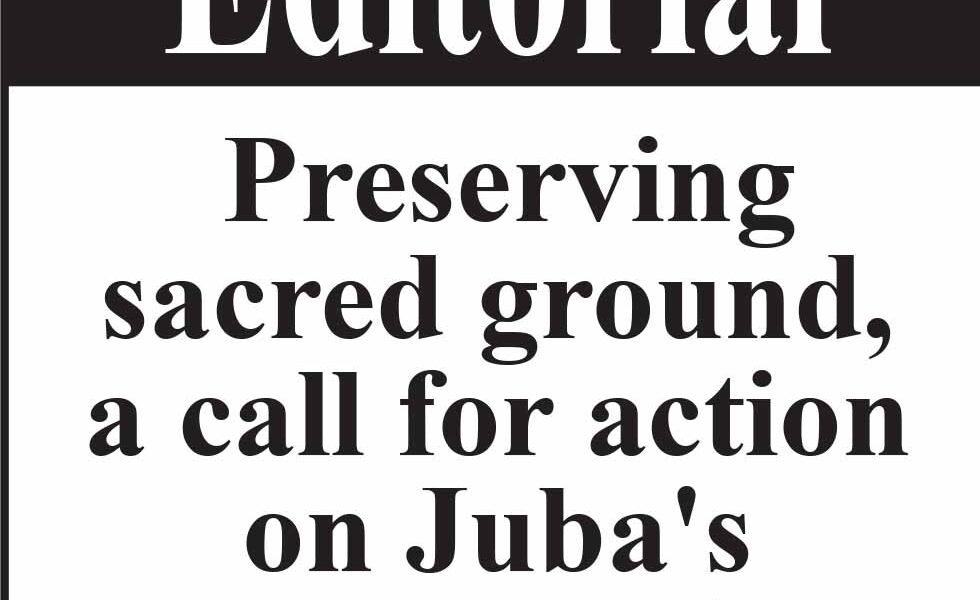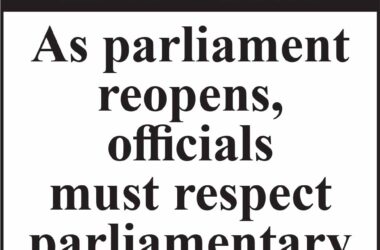The recent directive by the Central Equatoria State Council of Ministers to evict squatters from Juba’s graveyards is a commendable and necessary step towards restoring dignity and respect to these sacred burial grounds.
Sites meant for solemn farewells and spiritual reflection have been encroached or repurposed into informal settlements, often breeding insecurity and obstructing grieving families from accessing their loved ones’ graves in Juba for many years.
The issues paint a grim picture: families unable to bury their loved ones or access existing graves, and a general atmosphere of insecurity. These graveyards demand immediate attention. The government’s commitment to clearing, fencing, and securing these areas is vital.
However, eviction alone cannot be the solution. Implementation of these directives must be followed with deeper structural change. Squatting in graveyards is not a crime of convenience; it is an indication of failed urban planning, economic fragility, and overlooked human rights.
Beyond immediate evictions, the long-term solutions lie in proactive urban planning. The instruction to the Ministry of Housing, Land and Public Utilities to incorporate graveyard allocation into future land demarcation plans is crucial. This will safeguard burial space for generations.
Civic dialogues should also be part of the implementation process. The government must engage Community organizations, religious leaders, and traditional authorities in decision-making centered on land use and cemetery management. Preserving these spaces requires shared responsibility
This forward-thinking approach will prevent similar issues from arising as Juba continues to grow. Ensuring adequate and protected burial space is not just a matter of public health but also of cultural and spiritual reverence.




